Research Faculty
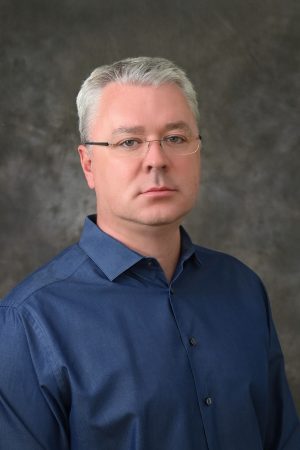
Kirill Afonin, Ph.D.
Education: M.S.: Saint Petersburg State University Ph.D.: Bowling Green State University Post-doc: (NIH Research Fellow) National Institutes of Health; (Postdoctoral Fellow) University of California Santa Barbara Field of Interest: RNA Nanobiology and Drug Delivery Research Focus: Dr. Afonin’s Research Site My expertise is in computational and experimental RNA biology. Nucleic acids, including both DNA and […]
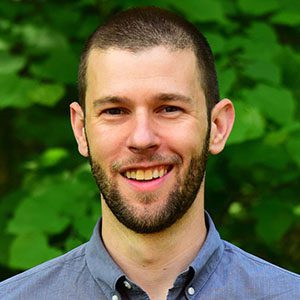
Christopher Bejger, Ph.D.
Education: B.S.: University of Oregon Ph.D: The University of Texas at Austin Post-doc: Columbia University Field of Interest: Organic/Inorganic/Materials Chemistry Research Focus: Research in the Bejger group is focused on the design, synthesis, and assembly of molecular clusters for energy applications. The chemical and electronic structures of molecular clusters can be modified synthetically; this allows […]
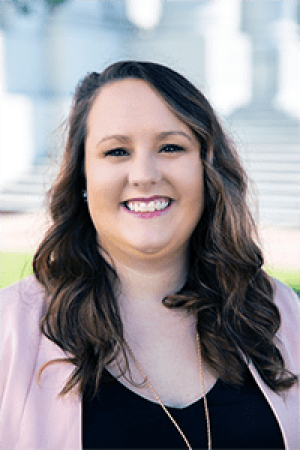
Laura Casto-Boggess, Ph.D.
Education & Training: B.S. Chemistry & Mathematics, West Virginia Wesleyan College Ph.D. Analytical Chemistry, University of Tennessee, Knoxville Postdoctoral Scholar, University of California, Berkeley Postdoctoral Fellow, West Virginia University Field of Interests: Analytical Chemistry, Microfluidics, Capillary Electrophoresis, Measurement Science, Astrobiology Dr. Casto-Boggess’ research interests are at the interface of measurement science, engineering, planetary science, and […]
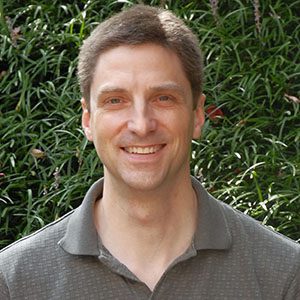
Brian T. Cooper, Ph.D.
Educaton: B.S.: Purdue University Ph.D.: University of Arizona Post-doc: (NIH Fellow) Iowa State University ORAU Junior Faculty Enhancement Award NSF Faculty Early Career Development (CAREER) Award Field of Interest: Analytical Chemistry Bioanalytical Chemistry — protein analysis by: capillary/channel electrophoresis; ultrasensitive fluorescence detection and imaging; electrospray and MALDI mass spectrometry. Research Focus: My research group primarily […]
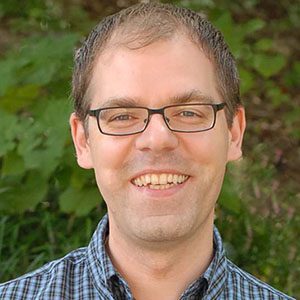
Markus Etzkorn, Ph.D.
Education: Pre-diploma: University of Freiburg (Germany) Diploma: University of Feriburg (Germany) Dr. rer. nat. (Ph. D.): University of Freiburg (Germany) Postdoc: USC – Loker Hydrocarbon Research Institute Field of Interest: Organic Chemistry Research Focus: a) The Etzkorn group targets fluorinated molecular tweezers of different molecular architecture in a convergent approach from various tether scaffolds and […]
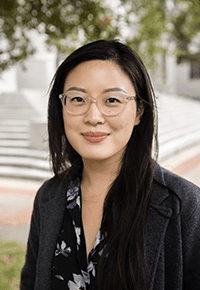
Eva Ge, Ph.D.
Education & Training: B.A. Chemistry and Chemical Biology, Cornell University Ph.D. Chemistry, Princeton University Postdoctoral Scholar, University of California Berkeley Fields of interest: Bioinorganic chemistry, chemical biology, peptide and protein chemistry, enzymology Research focus: The Ge group is interested in the chemistry and biology of modified proteins, specifically the crosstalk between covalent protein posttranslational modifications […]
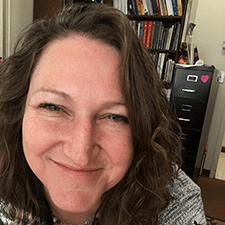
Joanna K. Krueger, Ph.D.
Education: B.A.(ACS): Kalamazoo College Ph.D.: Princeton University Post-doc: (NIH/NRSA Fellow) U. T. Southwestern Medical Center Los Alamos National Laboratory Awards: NSF CAREER Award Research Corporation- Cottrell College Science Award ORAU Junior Faculty Enhancement Award North Carolina Biotechnology Award Field of Interest: Biochemistry Research Focus: My laboratory is interested in obtaining structural information on biomolecular associations […]
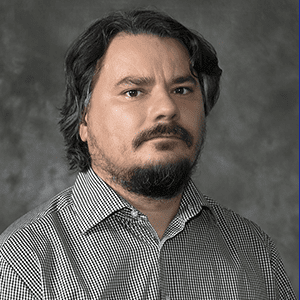
Martin Panigaj, Ph.D.
M.S.: P. J. Safarik University in Kosice, Slovak Republic Ph.D.: Charles University in Prague, First Faculty of Medicine, Czech Republic Post-doc: (ORISE fellow) FDA, CBER, Division of Cellular and Gene Therapy Field of Interest: Everything about RNA or rephrasing Bubba from the movie Forrest Gump- “Anyway, like I was sayin’, RNA is the fruit of […]
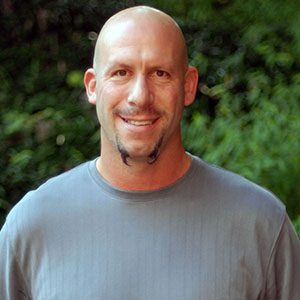
Jordan C. Poler, Ph.D.
Education: B.S.: State University of NY at Brockport Ph.D.: University of NC at Chapel Hill Post-doc: Princeton University Field of Interest: Physical Chemistry Research Focus: Most of my research interests are materials related. My efforts are toward the fundamental studies of complex systems at the nanoscale with regard to applications of materials at the macroscale. […]
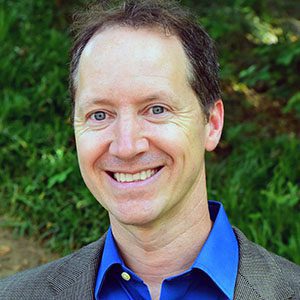
Thomas A. Schmedake, Ph.D.
Education: B.S.: Knox College Ph.D.: University of Wisconsin Post-doc: UC San Diego Field of Interest: Inorganic Chemistry Research Focus: Synthesis of novel silicon containing compounds and materials, especially compounds or complexes in which silicon is used as a substitute for a carbon atom or a transition metal. Specific focus areas include redox-active hexacoordinate silicon complexes, […]